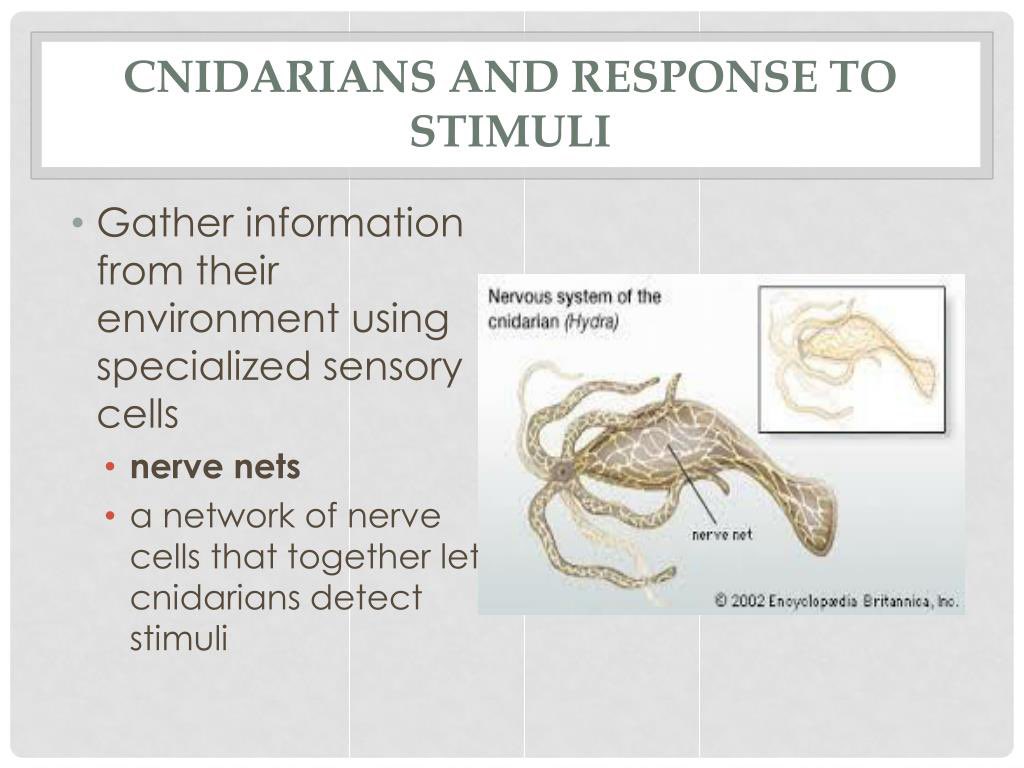
A person with Functional Neurological Disorder. Disability advocate. Patient advisor to research, clinical, + policy teams at FNDS, AAN, UCL, KCL, NHNN.
3 subscribers
How to get URL link on X (Twitter) App


 Let’s have a look.
Let’s have a look. 

https://twitter.com/AlanCarson15/status/1517555123685371905While acknowledging that Dr. LaFrance sounds like a caring and knowledgeable clinician (I would have loved to encounter anyone early in my journey who does as thorough an exam as he seems to), here's a few friendly criticisms.

https://twitter.com/scott_mintzer/status/1399469703622504450First, just want to say I appreciate Dr Mintzer laying out the specifics of functional seizures vs epilepsy and so on - and what docs should do when encountering a patient who might have FND.
https://twitter.com/LA_Fairhurst/status/1395116295566372867I’m not saying no one ever mistook MS for “hysteria” (god I hate that term), or something quote-unquote psychological, but this overall characterization is just wrong.

https://twitter.com/afhsbpage/status/1367467363013115909That’s not everybody, obviously. People join for lots of reasons. But it’s a not-insignificant number. For many people, military = opportunity they otherwise wouldn’t have


https://twitter.com/davidtuller1/status/1213518599018565633To respond to Dr Tuller’s first question: how is FND different from other neurological disorders?